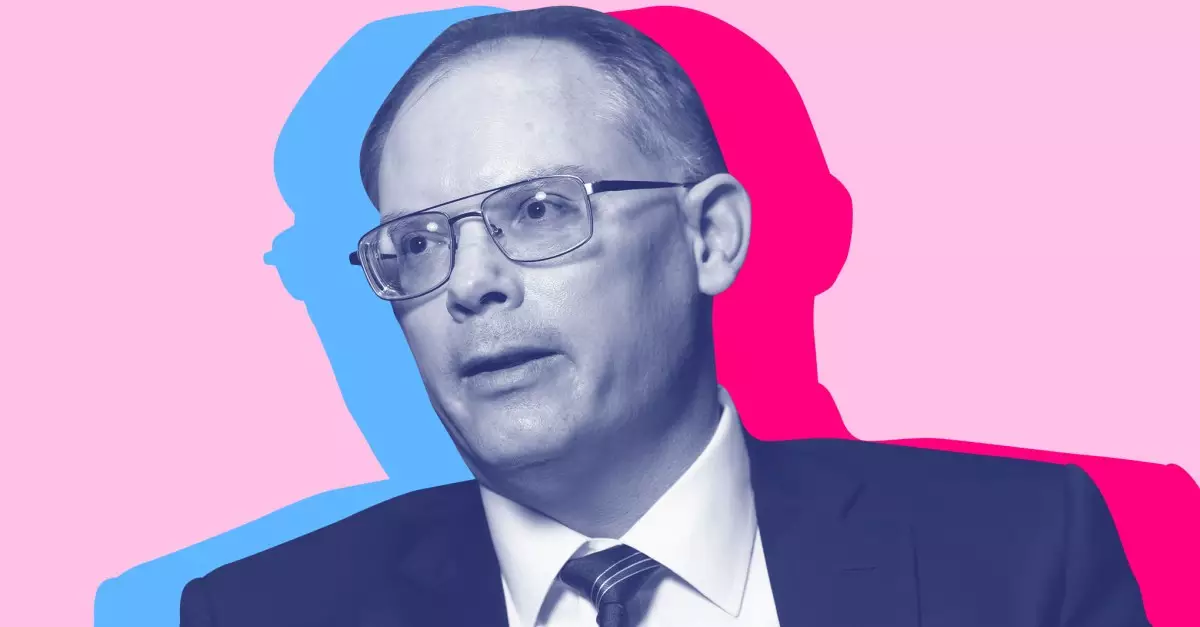Epic Games, renowned for its pioneering role in the gaming landscape, finds itself in a tense stand-off with tech giant Apple. After nearly a week of waiting for the re-approval of Fortnite on the U.S. iOS App Store, Epic CEO Tim Sweeney has ramped up efforts to pressure Apple into action. The situation casts a spotlight on Apple’s controversial policies and the difficulties developers face in navigating its ecosystem. With Fortnite having defined the battle royale genre and ongoing global popularity, the stakes couldn’t be higher for both Epic and the gaming community.
The crux of this unfolding drama is Apple’s stringent approval process, which has been criticized for often favoring larger platforms while stifling indie developers and the creative gaming industry. Sweeney’s public appeals, including a direct request to Apple CEO Tim Cook, highlight not only Epic’s frustration but also underline a larger systemic issue within the market. By pointing out existing clones of Fortnite—games superficially resembling its unique mechanics and aesthetics—Sweeney raises questions about Apple’s enforcement of its App Store policies.
The Emergence of Clone Wars
In his push to have Fortnite reinstated, Sweeney took to social media, showcasing examples of the counterfeit games thriving in the App Store while Epic’s flagship title languished in limbo. One particular clone, Fort Battle Royale Epic Shoot, garnered attention for its strikingly similar aesthetics to Fortnite, demonstrating how Apple’s approval protocols often leave consumers and original creators at a disadvantage. This phenomenon of clone games is not new; it reflects a troubling trend in tech where imitation can sometimes sidestep innovation.
Despite the immediate takedown of the Fort Battle Royale clone following Sweeney’s public scrutiny, another imitation—Epic Survival Battle Royale 3D—remains available. This discrepancy raises pertinent questions about Apple’s quality control and highlights a potential inconsistency in its review processes. How does Apple differentiate between a legitimate game and an inferior reproduction? And more importantly, what does this mean for creators laboring to craft unique experiences in an already saturated market?
Epic’s Strategic Moves
In a noteworthy twist, Epic had previously announced after the favorable ruling in their legal battle with Apple that Fortnite would return to the App Store the following week. However, this promise now hovers in uncertainty following the lack of approval for the submitted version of Fortnite. Epic swiftly submitted a new update to coincide with their weekly releases, emphasizing the need for synchronized content across all platforms. Yet, as murmurs of delays ensue, questions of responsibility loom larger: Is this merely a technical delay, or does it stem from more profound systemic resistance by Apple?
Sweeney’s comments illuminate an ongoing frustration within the developer community at large. The implications of app approval extend beyond mere access to a platform; they signify a contentious relationship between gatekeepers and creators. By juxtaposing Fortnite’s challenges with the myriad of imitations that populate the App Store, Epic drives home a vital point about innovation versus imitation.
The Broader Implications for the Gaming Industry
The current battle is more than just a quest to reinstate a beloved game; it symbolizes the broader conflicts within the industry surrounding platform ownership and the rights of developers. The reaction of consumers, many of whom see the dynamic play out in real-time, can shape future transactions between gaming developers and major platforms like Apple. This episode serves as a testament to the petition for change in how App Store approvals are conducted—advocating for a system that prioritizes originality and consumers’ access to creativity rather than stifling it through arbitrary control.
Epic’s courageous attempt to reclaim its territory on iOS not only reveals the intricacies of its relationship with Apple but also encourages a larger discussion about creative ownership in the gaming industry. As Tim Sweeney appeals to Apple’s sense of justice for creators, the outcome of this standoff may echo well beyond the current headlines, potentially reshaping the futures of countless developers navigating similar challenges. The game for creative freedom in the digital age remains at stake.

